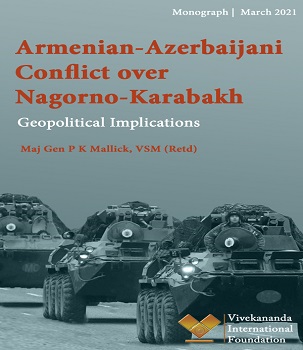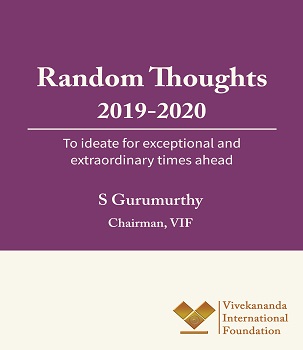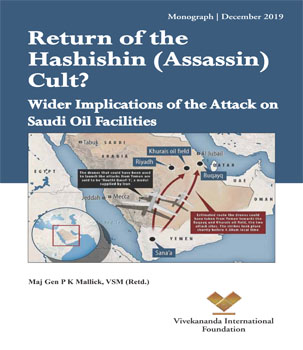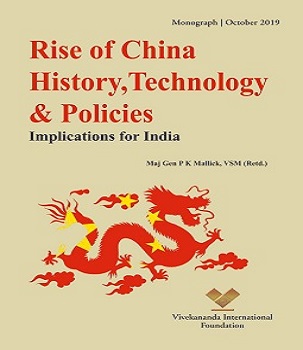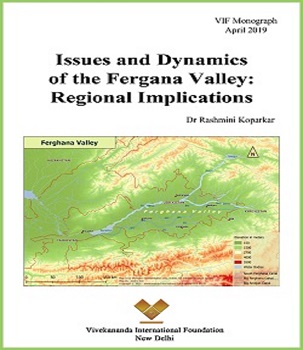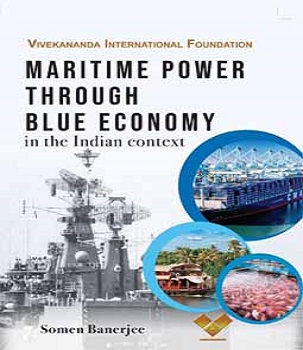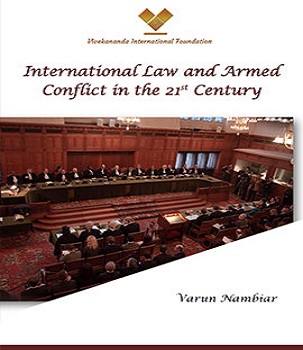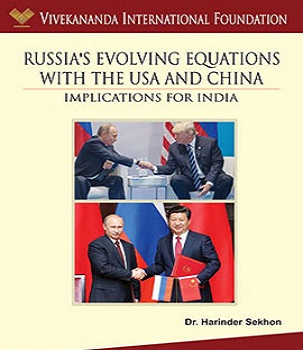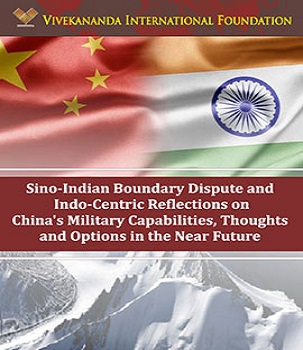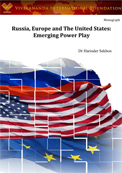The geostrategic sensitive region of region of Nagorno-Karabakh lies at an intersection of political, ethnic and religious borders of Iran, Turkey, Russia and Georgia. On September 27, 2020 the war broke out with Azerbaijan launching an offensive retake Nagorno-Karabakh and surrounding previously Azerbaijani-populated regions. The war was won by Azerbaijan.
The scale, intensity and impact of the massive changes the world is witnessing now because of the Covid-19 phenomenon is unprecedented in human history, unthinkable anytime before in the past and constitutes perhaps the greatest challenge to the future of humanity. Greater and bigger disasters in scale, natural and man-made, have hit the world in the distant and recent past.
The attack on Saudi oil installations has large scale implications for the hydrocarbon supply to the world specially for countries like China, India and the Asian giants of Japan and South Korea. The Strait of Hormuz becomes critical for energy imports of these countries.
Since opening up to foreign trade and investment and implementing free market reforms in 1979, China has become the world’s fastest-growing economy. China has transformed itself from a predominantly agricultural economy into a manufacturing powerhouse. China has taken a leading role in several critical emerging technologies. ‘Made in China 2025’, laid out how and why China would need to move up the technology ladder and close the gap with developed countries.
The Central Asian Region gained wider recognition in International Relations after the disintegration of the Soviet Union in 1991. The emergence of five independent nation-states in the heartland of Eurasia was, in fact, a matter of curiosity for the world community. At the same time, there were apprehensions about political stability, territorial integrity and economic viability of the Central Asian Republics (CARs) of Kazakhstan, Kyrgyzstan, Tajikistan, Turkmenistan and Uzbekistan. In 1990s, considerable empirical research was conducted on the politics, history and society of the CARs.
Preface At the outset, this monograph has sought to resolve the ambiguities in comprehending the oft-used phrase ‘maritime power’. It has established that constituents are those permanent attributes which make a country easier or harder to be at sea. On the other hand enablers of maritime power are its potentials. Thus, long coastline is a constituent and the fishing industry that spawns on the coast is an enabler.
... violence that often accompanies war or armed conflict has caused unquantifiable suffering to millions .... timeline of human history makes it amply evident that it would be a folly to consider warfare as an exception to human behaviour ... law is one of the instrumentalities of social control, war too, like most other social behaviour and activity, ought to be governed and regulated by legal controls ... _________________
Preface India and China share many similarities. They both rejoice in, and relate to, the inheritances of their continuing civilizations. Both are nuclear power states with ever increasing military capabilities. Alongside the benefits of their rising economies they are also grappling with the internal contradictions and upheavals of their billion strong populations. In pursuit of their national aspirations they are both jostling for their rightful places in the world order. If China’s rise remains under close scrutiny in India, that of India does not go unnoticed in China.
"The Soviet Union ceased to exist twenty-five years ago but tensions between Russia and the West have remained high despite the end of the Cold War. The West still seems to be struggling to come to terms with the reality of a post-Soviet Russia and is not clear how to craft its policies towards a Russia that seeks to “regain its lost prestige” under Putin. This work seeks to examine Russia’s trajectory and Western attitudes toward Moscow and analyze the reasons for Russia’s new assertiveness and the global implications of this emerging power play in Eurasia"

